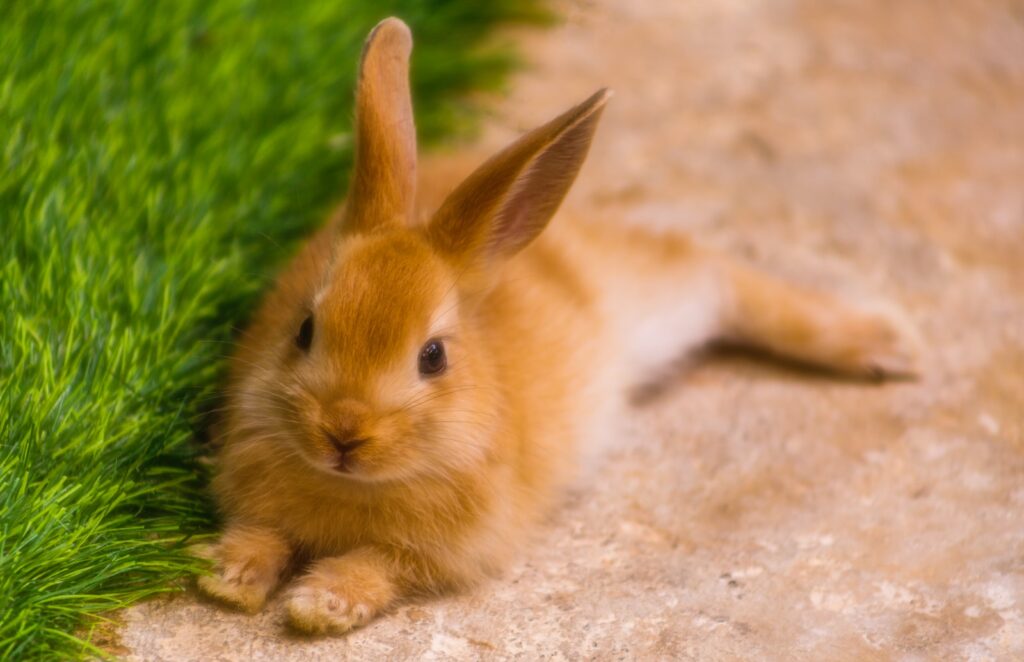Can rabbits eat lavender? — Exploring the Safety and Benefits
Rabbits are curious and gentle creatures that love munching on fresh greens and veggies. It’s natural for you, as a loving pet owner, to wonder whether your adorable bunny can safely enjoy the enticing aroma of lavender. In this article, we will delve into the topic of rabbits’ consumption of lavender and its potential benefits.
Advantages of Lavender for Rabbits
The consumption of lavender by rabbits, in moderation, can offer several health boosts. This beautiful flowering plant is known for its soothing properties and pleasant scent. When given as a treat, rabbit-friendly lavender can contribute to their overall well-being. Here are a few advantages:
- Reduces stress and anxiety levels: The aroma of lavender has a calming effect on both humans and bunnies. For rabbits, inhaling the gentle fragrance can help alleviate stress and create a sense of tranquility.
- Supports digestive health: Certain compounds present in lavender may aid in improving digestion for rabbits. However, it’s important to note that this should be given in small quantities, as excessive intake may lead to digestive disturbances.
- Promotes relaxation and sleep: Lavender’s soothing properties can induce a state of relaxation in rabbits, helping them unwind and enjoy a peaceful slumber.
Recommended Frequency and Quantity
If you decide to introduce lavender to your rabbit’s diet, it is essential to do so in moderation. While rabbits can enjoy lavender as an occasional treat, it should not replace their primary diet of hay, fresh vegetables, and pellets.
Considerations and Precautions
Although lavender is generally safe for rabbits, certain precautions should be taken to ensure their well-being:
- Avoid lavender products sprayed with pesticides or chemicals: Ensure that any lavender offered to rabbits is organic and free from harmful substances.
- Watch for any adverse reactions: Monitor your rabbit closely for any signs of allergies or gastrointestinal discomfort after consuming lavender. If any negative symptoms arise, discontinue its use.
- Moderate quantities: Overfeeding rabbits with lavender or any new food can disrupt their sensitive digestive system. Limit the amount to a small sprig or a few petals, ensuring it does not exceed 10% of their total daily diet.
Can Other Pets Safely Enjoy Lavender?
While rabbits can benefit from lavender, other pets such as cats and dogs should avoid its consumption. Certain compounds in lavender can be toxic for them if ingested in large amounts. It’s always best to consult with a veterinarian before introducing lavender to any pet other than rabbits.
Conclusion
In conclusion, rabbits can safely enjoy the delightful aroma and potential benefits of lavender, but with some essential considerations. The soothing properties of lavender can reduce stress, aid digestion, and promote relaxation and sleep. However, it is crucial to offer lavender in moderation, ensuring it is organic and pesticide-free. Remember, lavender should never replace the primary diet of your rabbit, consisting of hay, fresh vegetables, and pellets. With responsible feeding and attentive monitoring, you can enhance your rabbit’s well-being and provide them with a pleasant treat from time to time.






